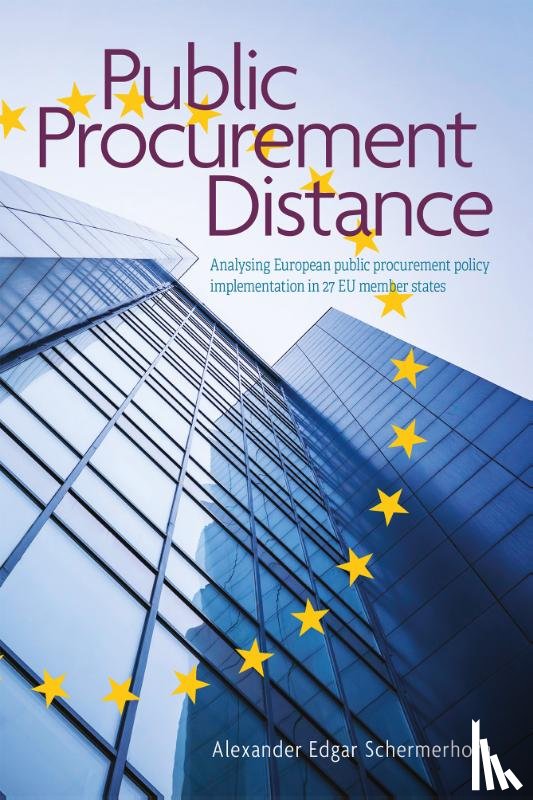Omschrijving
Why is European public procurement policy so often implemented differently than intended? In Public Procurement Distance, Alexander Schermerhorn introduces a new concept to explain the persistent difference between policy intentions and implementation across the EU.
Drawing on extensive empirical data from procurement professionals in all 27 member states, this study investigates how administrative capacity, professionalism, discretion, and public sector culture could affect the execution of both mandatory and discretionary procurement policies—including sustainability, SME participation, and cross-border contracting.
This insightful and timely dissertation not only deepens our understanding of the challenges surrounding EU policy implementation, but also provides actionable recommendations to help bridge the difference. A must-read for scholars, policymakers, and practitioners in the fields of public administration, procurement, and European governance.
Alexander Edgar Schermerhorn completed his secondary education in Ede and graduated from the Hotel Management School Maastricht in 1992. After several years in the hospitality sector, he earned a master’s degree in Public Administration from Erasmus University Rotterdam in 2003 while working in the IT sector. In 2010, he began a part-time PhD track at Leiden University. Following a procurement training with NEVI in 2009, he held various positions in sales and procurement. Since 2018, he has been working at the Ministry of Defense, focusing on ICT procurement and innovation-driven contracting. In 2023, he completed a program at the Netherlands Defense Academy. In this study, Alexander Schermerhorn investigates why European procurement policy is often implemented differently than intended. Based on data from all 27 EU member states, he analyzes how factors such as administrative capacity, professionalism, discretion, and organizational culture influence the execution of mandatory and voluntary policy goals, including sustainability, SME participation, and cross-border contracts. Schermerhorn not only highlights the gap between policy and practice but also provides concrete recommendations to bridge it.




